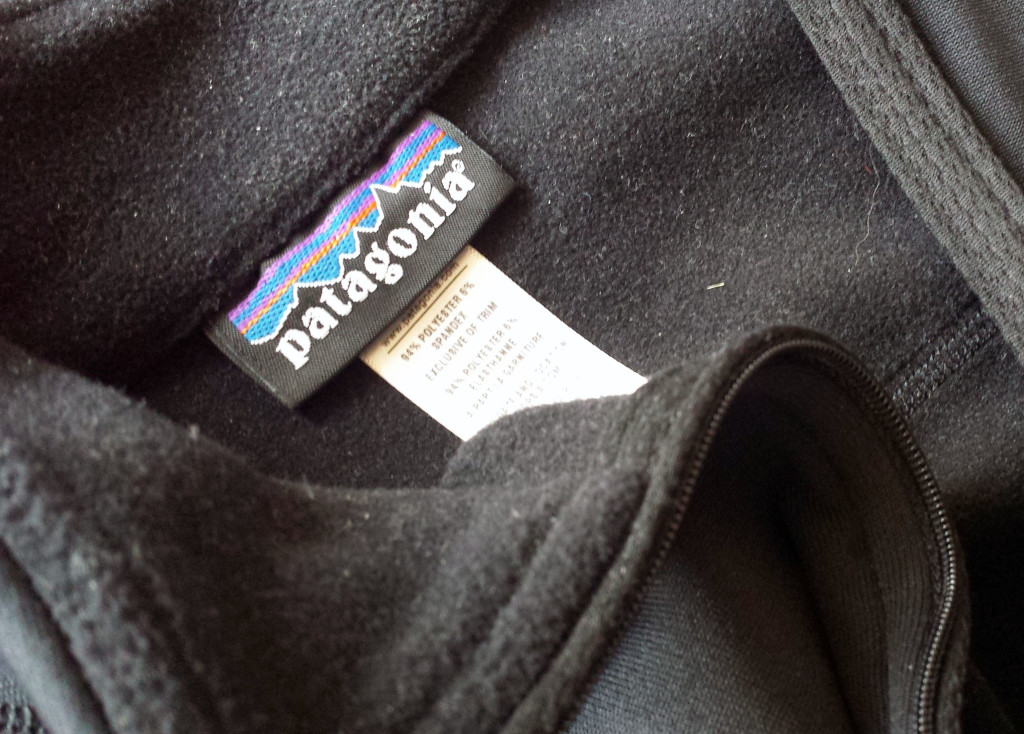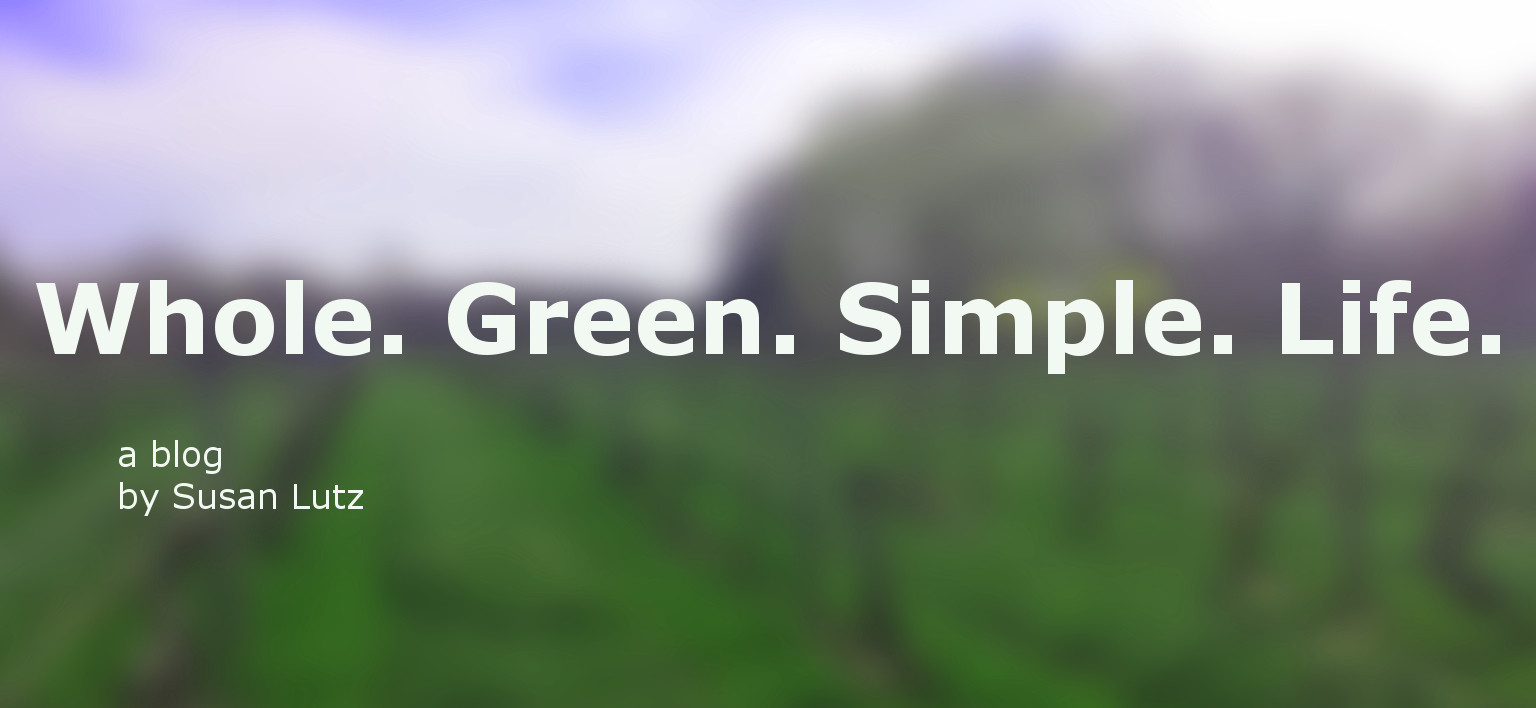By Susan Lutz
In Reno, Nevada, what was worn and old is finding a way to live again. Patagonia sells what we don’t want and fixes what we already have.
 Watching the world buy and buy and buy, including myself, I wonder where it stops. Do we need six jackets; five fleece pullovers? I struggle with what to buy every time I go to the grocery store. I cringe at the site of a box store selling cheap goods, but find myself inside them when I promised myself I wouldn’t go in. How do we get out of the lure of buying stuff we don’t need? How do we buy, better?
Watching the world buy and buy and buy, including myself, I wonder where it stops. Do we need six jackets; five fleece pullovers? I struggle with what to buy every time I go to the grocery store. I cringe at the site of a box store selling cheap goods, but find myself inside them when I promised myself I wouldn’t go in. How do we get out of the lure of buying stuff we don’t need? How do we buy, better?
Patagonia is a company I’ve always admired, watched. In 2012, The Wall Street Journal did a piece naming Patagonia’s Founder, Yvon Chouinard, “America’s Most Unlikely Business Guru.” The company makes profits. He wrote a book called, “The Responsible Company: What We’ve Learned in the Last 40 Years” that lists ways for companies to make money without harming society and shifting to paradigms to become responsible business in our time.
The company has been posting ads to not buy their jacket. A ploy? Sales have gone up. People are buying Patagonia. Are they just buying into a sleek advertising campaign? The company says it doesn’t want you to buy jackets if you’re fine with the one you’ve got. They want to repair clothing you’ve bought from Patagonia and make it last. How does a company not sell new things and make money?
In an interview with Inc.com magazine, Chouinard explained that he really wants people to think twice about buying anything, “Do you really need it, or do you just want it?…I know it sounds crazy, but every time I have made a decision that is best for the planet, I have made money.”
Buying stuff we don’t need is a problem most of us suffer from. I buy shirts I probably don’t need and can’t wait to chuck in my old phone for a new one. Selling something to someone that they don’t need, well, that sounds like what consumerism is all about, what business is based on. But isn’t that the problem? We buy more than we need; we short circuit and get quick energy when instead we could have put off that quick fix for the more sustainable energy, for more long-term satisfactions in life: more quality time with our families, writing that novel we’ve always wanted to, or going for a hike up the trail when we feel the calling.
Patagonia takes their repair shops on the road. They’ll sew ripped pants and revitalize a worn out zipper on a jacket. One employee said in a PBS New Hour Interview, “I’m going to tell you the truth, OK? When I first started here, I was excited. I’m going, ooh, Patagonia, man, they got good stuff. I bet they got a good employee discount. But after I went on the Worn Wear tour, I have changed my way of thinking. I’m only going to buy what I need.”
Of course, if you’re a first time buyer to a Patagonia product, the company wants your business. They provide jobs and that’s how the economy survives. The model of consciousness is what makes the difference. Capitalism might be a fine way to do business if the environment is the first to benefit in the profit column. There’s enough for everyone if we treat the planet, the customers, and employees with dignity and respect.

